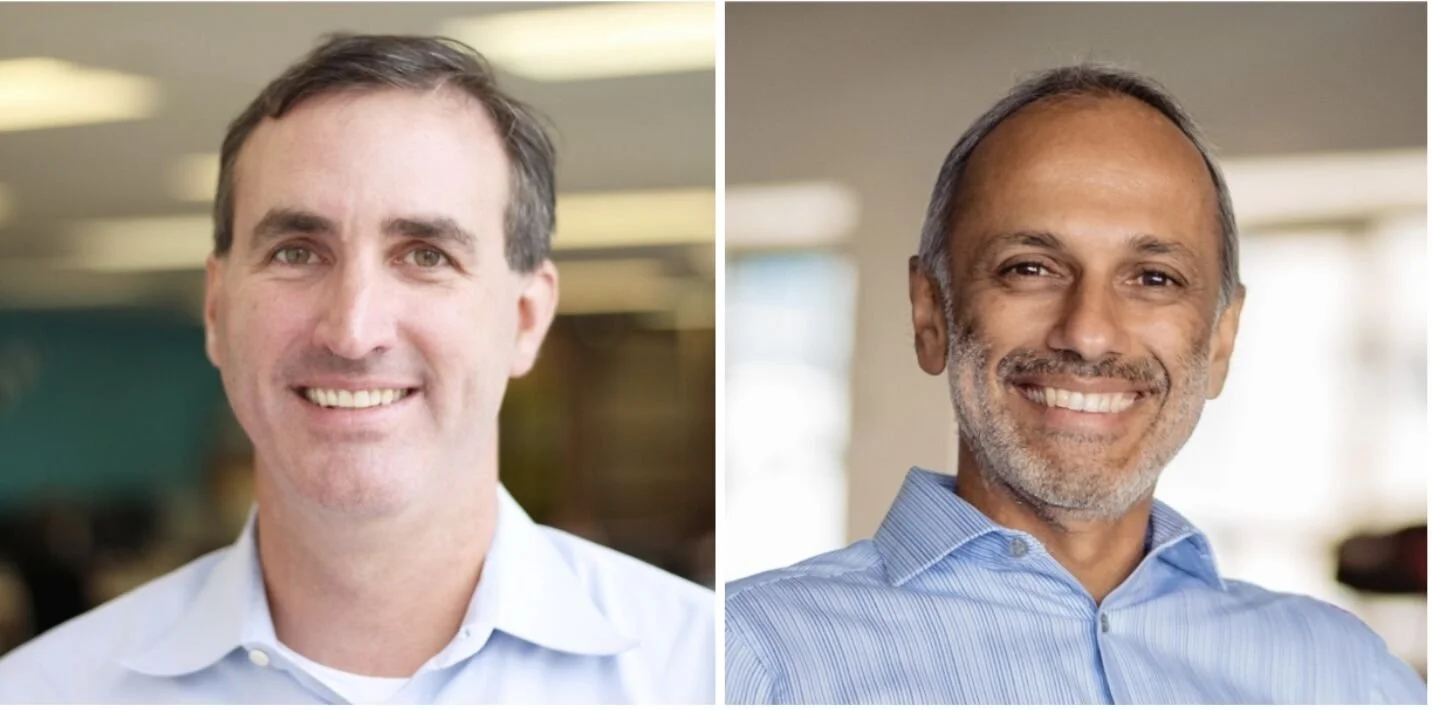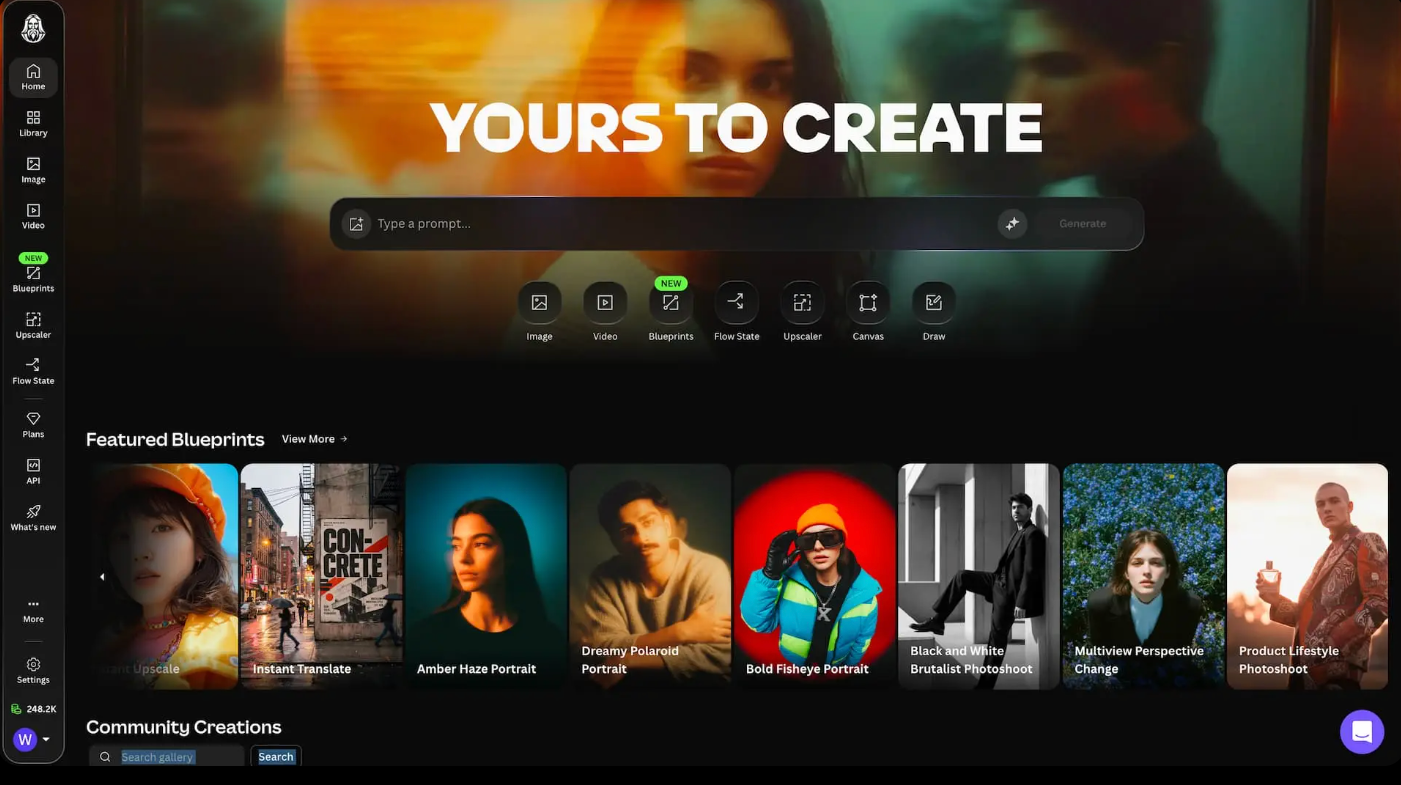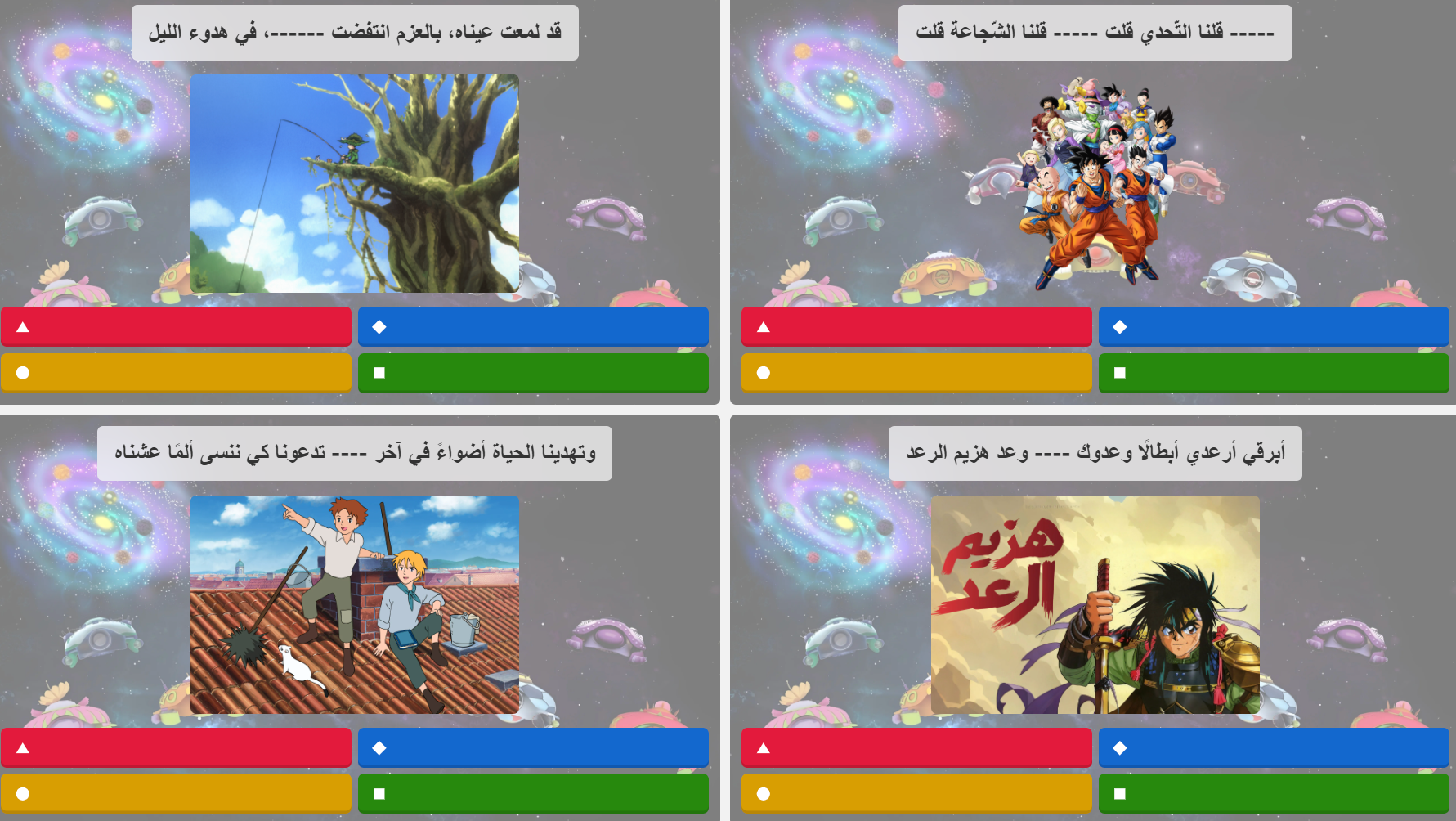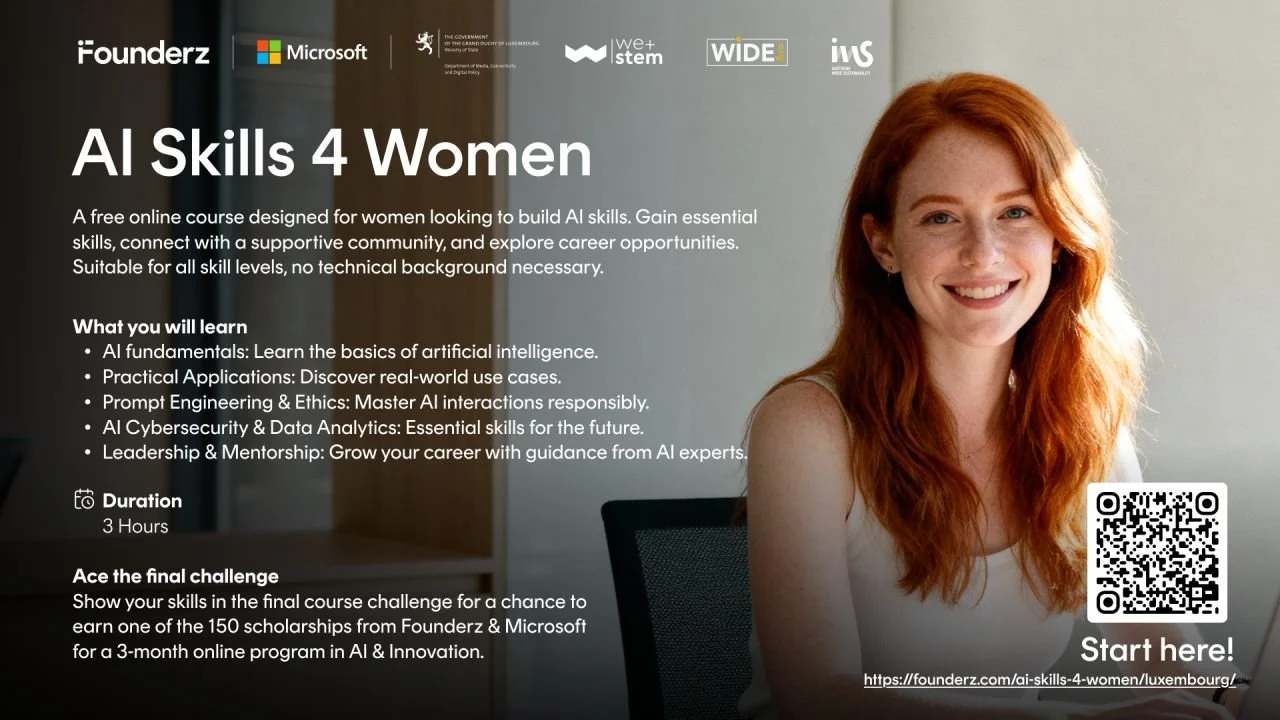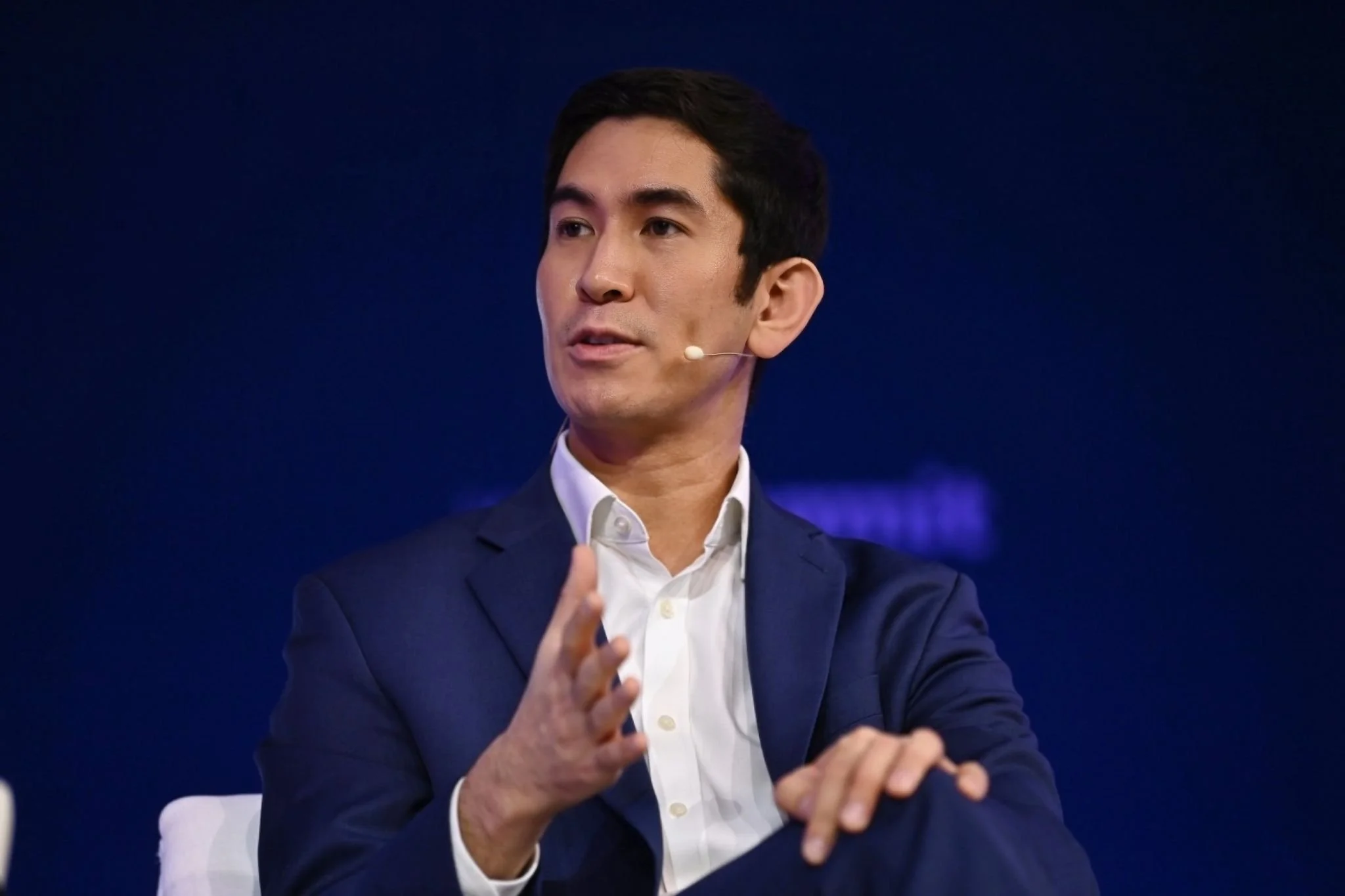‘Democratising access to education’ UoPeople’s President on the power of tuition-free learning
ETIH gets the lowdown on the EdTech ecosystem and University of the People, from President Shai Reshef.
ETIH: Could you discuss the impact of the tuition-free education model on the broader educational ecosystem and its potential to disrupt traditional higher education?
S.R: The tuition-free education model pioneered by institutions like University of the People has the potential to disrupt traditional higher education significantly during the next decade. By removing financial barriers, it democratises access to education, opening doors for underserved populations worldwide.
This model challenges the conventional notion that quality education must come with a hefty price tag, prompting traditional institutions to reconsider their pricing structures. Furthermore, it fosters innovation in pedagogy and technology as institutions strive to remain competitive in a rapidly changing landscape.
As more learners opt for tuition-free alternatives, traditional universities may face pressure to adapt their approaches to remain relevant, ultimately reshaping the broader educational ecosystem towards greater accessibility and inclusivity.”
ETIH: You mention a 30X ROI for students choosing UoPeople over traditional education paths. Can you elaborate on how this ROI is calculated and the factors contributing to such a significant figure?
S.R: The 30X return on investment (ROI) for UoPeople graduates in comparison to graduates from traditional brick and mortar institutions was calculated by Tripp Umbach, the nation’s leading authority on higher education’s economic impact.
In his analysis, Umbach showed that the return on investment of UoPeople graduates in 2023 equals $250 for every $1 invested in the programme, while the return of investment of obtaining a bachelor’s degree on average for U.S. graduates equals $8.2 for every $1 invested in a degree programme.
In 2023, the average cost of earning a bachelor’s degree in the U.S. was $146K, compared to $4,800 at UoPeople, which means that the ROI for a bachelor’s degree from UoPeople is approximately 30 times higher than that of the average U.S. bachelor’s degree.
UoPeople's innovative tuition-free model drastically reduces the financial burden placed on students, allowing graduates to enter the workforce with significantly less debt. Additionally, UoPeople's focus on high job demand and industry-relevant programs enhances graduates' employability, leading to higher salaries and career progression. Moreover, the flexibility of online learning enables students to continue working and juggle family responsibilities while studying.
Collectively, these factors contribute to the substantial ROI calculated for UoPeople graduates compared to their counterparts from traditional institutions.
ETIH: Skeptics of tuition-free models often question the quality of education provided. How does UoPeople maintain academic rigor and quality without compromising on its tuition-free promise?
S.R: Skeptics of tuition-free models often raise concerns about the quality of the education provided. UoPeople, however, upholds rigorous academic standards while remaining tuition-free. As a result, UoPeople is accredited by the Distance Education Accrediting Commission (DEAC) and is currently a candidate for accreditation by the Accrediting Commission for Schools, Western Association of Schools and Colleges (formerly known as WASC).
In addition, UoPeople boasts a President’s Council comprised of leaders from the world’s foremost institutions, including Columbia, Vassar, UC Berkeley, Effat and Edinburgh universities, that guides strategic oversight of our academic programs. Our provost spearheads academic affairs and works closely with our deans and advisory councils to guarantee continuous quality control and improvement.
UoPeople also has a rigorous process for faculty hiring and has established partnerships with some of the leading universities worldwide, including Harvard Business School Online, NYU Abu Dhabi, McGill University, and the University of Edinburgh.
ETIH: As AI technology advances, what role do you see AI playing in the future of education, particularly in tuition-free institutions like UoPeople?
S.R: Artificial Intelligence is poised to revolutionise higher education by enhancing various aspects of teaching, learning and administrative processes. AI-driven personalised learning platforms can adapt to individual student needs, providing tailored educational experiences.
Automated grading systems can efficiently evaluate assignments and provide instant feedback. Moreover, AI-powered analytics can help educators identify struggling students early and offer timely interventions. Administrative tasks such as admissions and student support can also be streamlined through AI, improving efficiency and reducing costs.
Another critical role that AI can play in higher ed is improving accessibility. I believe AI could be a helpful tool for students with disabilities or different learning styles. Overall, AI's integration promises to enhance the quality, accessibility, and effectiveness of higher education.
ETIH: UoPeople is known for its mission to make higher education accessible to all. How does the university address global education access?
S.R: UoPeople is renowned for its mission of democratising higher education. The university addresses global education access by offering fully online, asynchronous courses that accommodate busy working adults. Its tuition-free, low-cost model ensures accessibility to qualified high school graduates worldwide by making higher ed truly affordable. With basic internet connectivity, our students can easily access our online programs, and all course materials are free.
By eliminating geographical and financial barriers, UoPeople empowers learners around the globe to pursue higher education, making strides toward a more inclusive and equitable educational landscape.
ETIH: From your perspective, what are the next big trends in EdTech, and how is UoPeople preparing to adapt to or lead in these trends?
S.R: The next big trends in EdTech are likely to focus on enhanced personalisation through AI-driven adaptive learning platforms, immersive technologies such as virtual and augmented reality for experiential learning, and the further integration of blockchain for secure credentialing. UoPeople is poised to adapt to these trends by continuously innovating its online learning experience.


